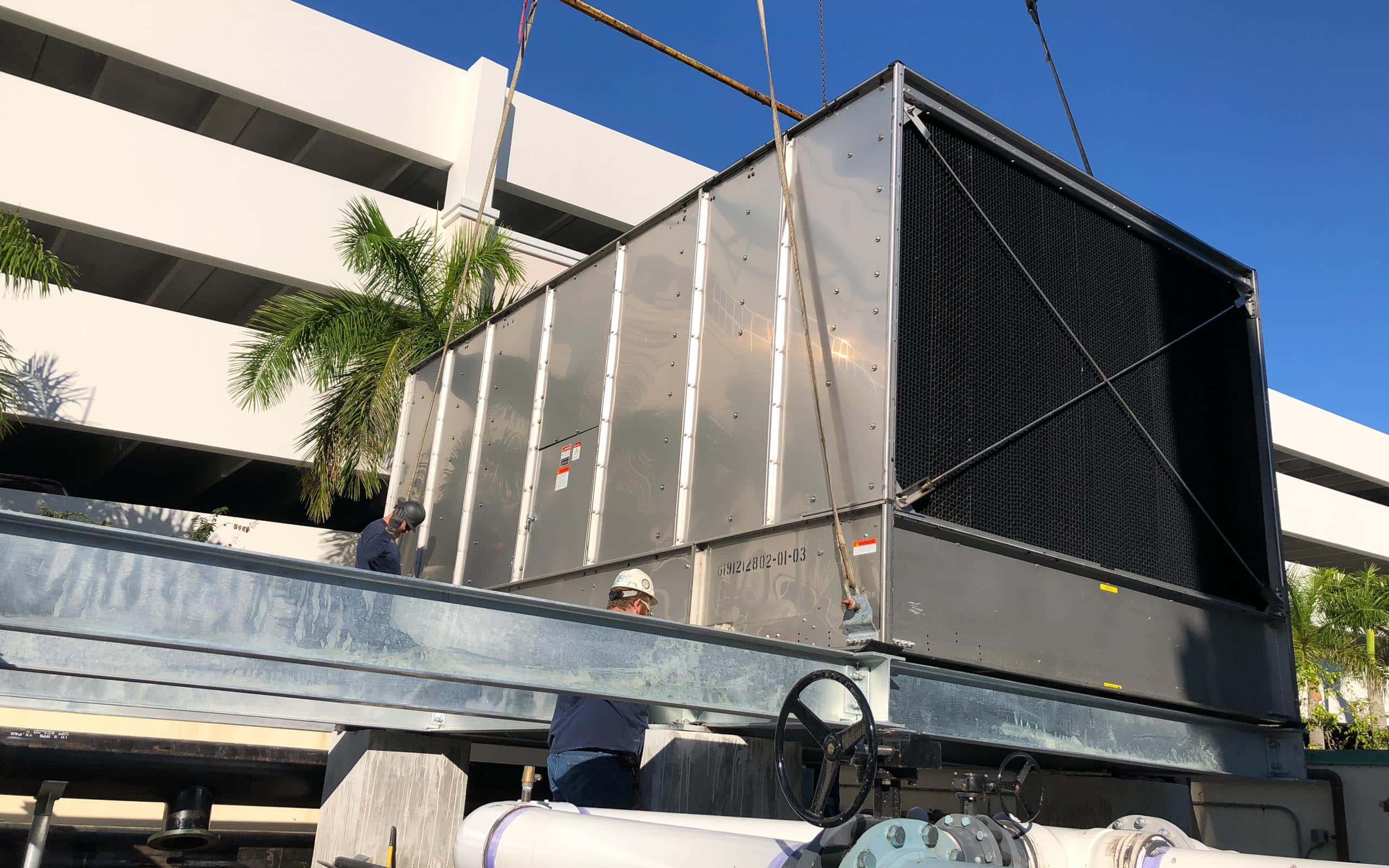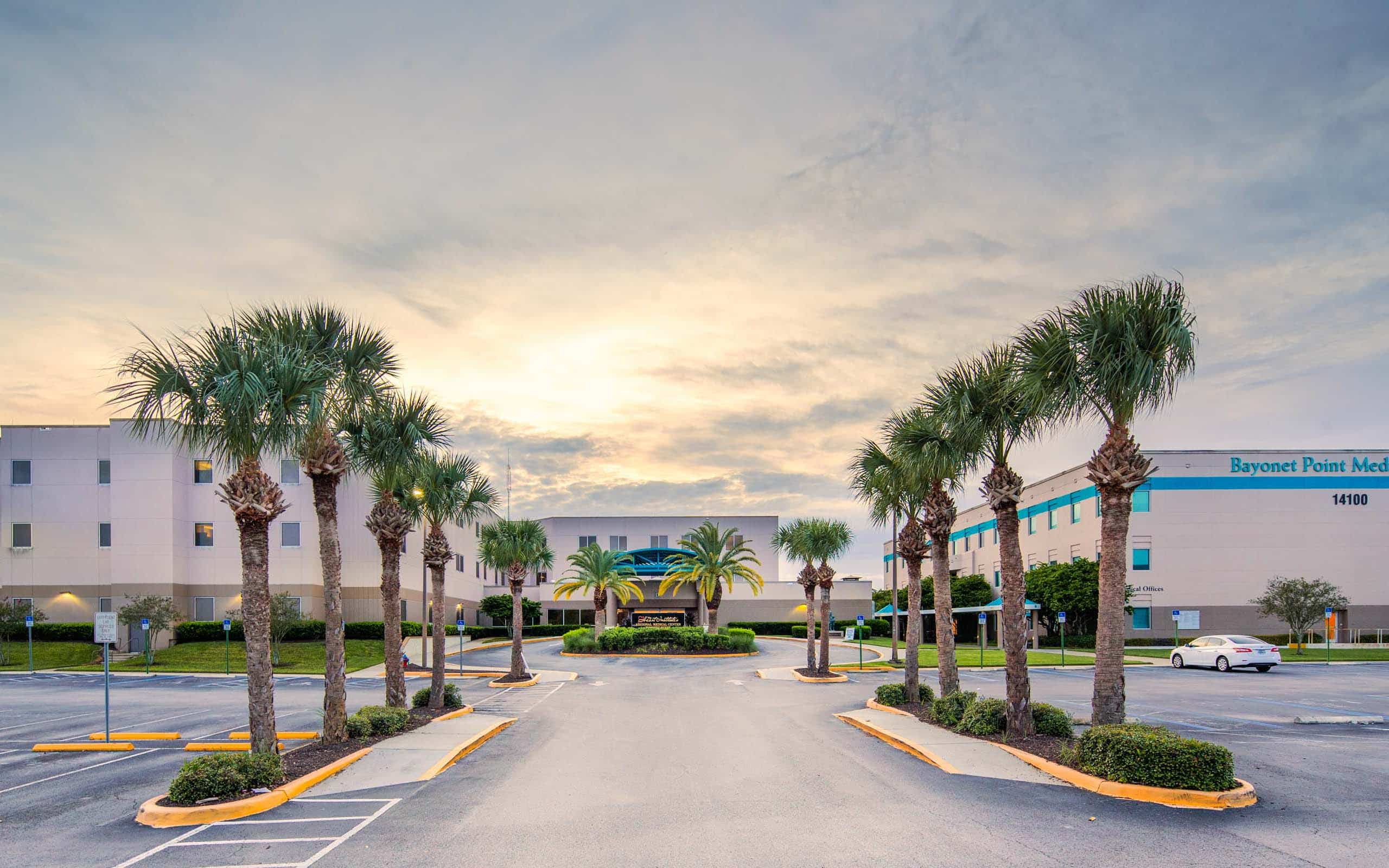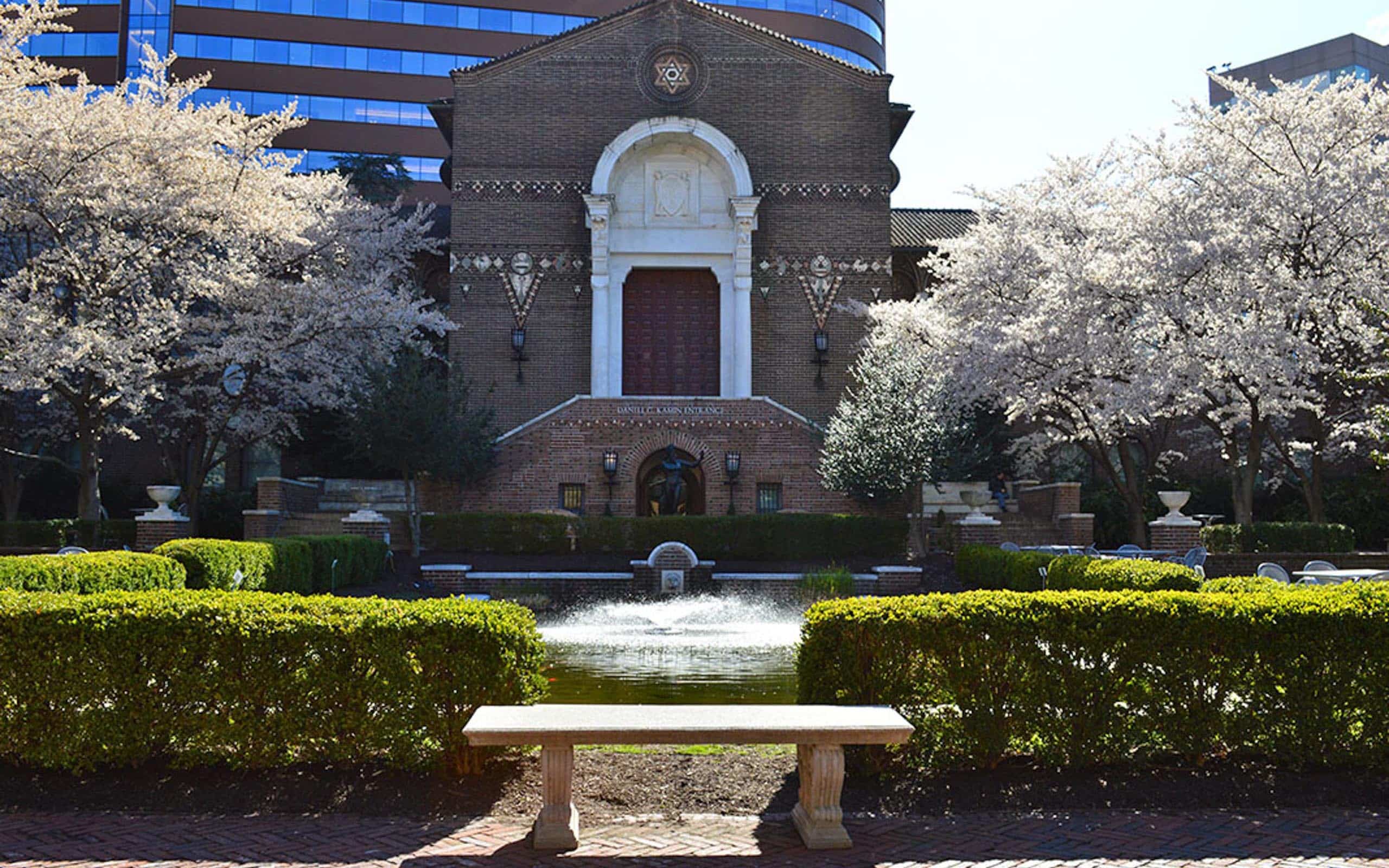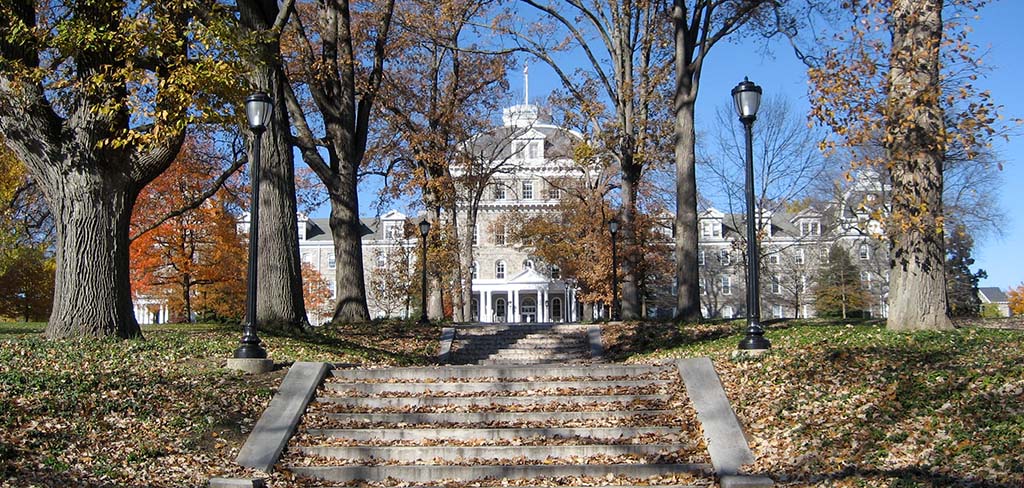Washington Dulles International Airport, High Temperature Hot Water Generators Replacement
Burns designed the replacement of 3 70-MMBTU/hr high temperature hot water generators at Washington Dulles International Airport.
The 380°F hot water supplied by these generators is the primary source of heat for most of the buildings on the 11,830 acre Dulles International Airport site. Burns reassessed the plant capacity by analyzing the current loads and forecasting loads of the future development. The heating load was determined via analysis of heating plant logs, theoretical heat loss calculations, allowance for future expansion based on the airport master plan, and engineering judgment. Burns determined that the existing generators were significantly oversized, and that the three 70 MMBTU/hr generators could be replaced with two 50MM BTU/hr units.
The project required carefully planned construction phasing to prevent any disruption to existing airport operations and building comfort. Three distinct project phases were required to successfully replace this critical equipment. Getting the generators in and out of the building posed a challenge due to the physical size of the units. Burns investigated multiple replacement paths and analyzed the costs and scheduling impact of each option. Ultimately, the project required the removal and replacement of a portion of the plant exterior wall to facilitate installation of the new generators.
Burns worked closely with the Metropolitan Washington Airports Authority to develop a design approach that satisfied the following criteria:
- Complete the construction within the Authority-established budget of $10.38 million
- Ensure the new heating equipment is fully operational in advance of the 2014 heating season
- Determine the appropriate size of the new equipment by reviewing the current heating load on the plant and forecasting future airport expansion
- Sequence the construction to ensure no disruption to the airport operations
- Develop a rigging path in the plant which can become permanent, and allow for easier removal and installation of major equipment in the future
- Careful consideration of all viable replacement options
- Improve operational issues to increase the efficiency of the airport’s heating system
Location
Dulles, VA
Client
Metropolitan Washington Airports Authority
Industry
Expertise






